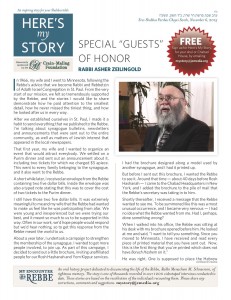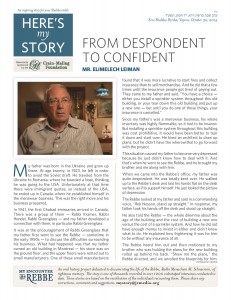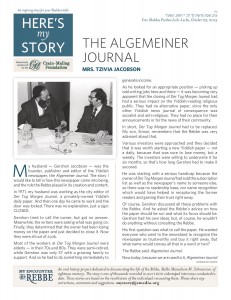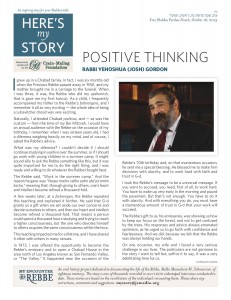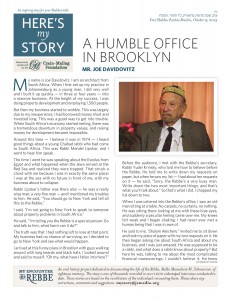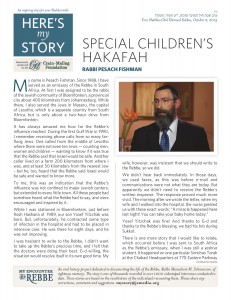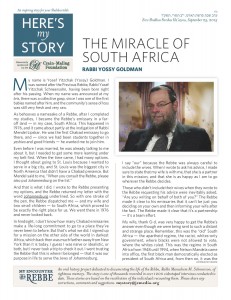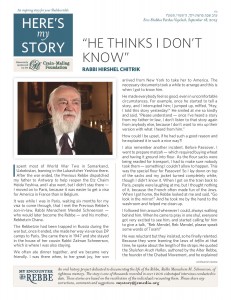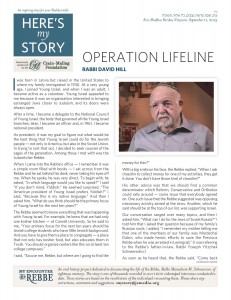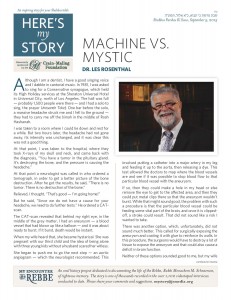Special “Guests” of Honor
In 1966, my wife and I went to Minnesota, following the Rebbe’s advice that we become Rabbi and Rebbetzin of Adath Israel Congregation in St. Paul. From the very start of our mission, we felt so tremendously supported by the Rebbe, and the stories I would like to share demonstrate how he paid attention to the smallest detail, how he never missed the tiniest thing, and how he looked after us in every way.
After we established ourselves in St. Paul, I made it a habit to send everything that we published to the Rebbe. I’m talking about synagogue bulletins, newsletters and announcements that were sent out to the entire community, as well as matters of Jewish interest that appeared in the local newspapers.
That first year, my wife and I wanted to organize an event that would attract everybody. We settled on a Purim dinner and sent out an announcement about it, including two tickets for which we charged $5 apiece. This went to every family belonging to the synagogue, and it also went to the Rebbe.
A short while later, I received an envelope from the Rebbe containing two five dollar bills. Inside the envelope was also a typed note stating that this was to cover the cost of two tickets to the Purim dinner.
I still have those two five dollar bills. It was extremely meaningful to me and my wife that the Rebbe had wanted to make us feel like he was participating from afar. We were young and inexperienced but we were trying our best, and it meant so much to us to be supported in this way. Often in our work, we’d hope people would respond but we’d hear nothing, so to get this response from the Rebbe meant the world to us. (more…)


